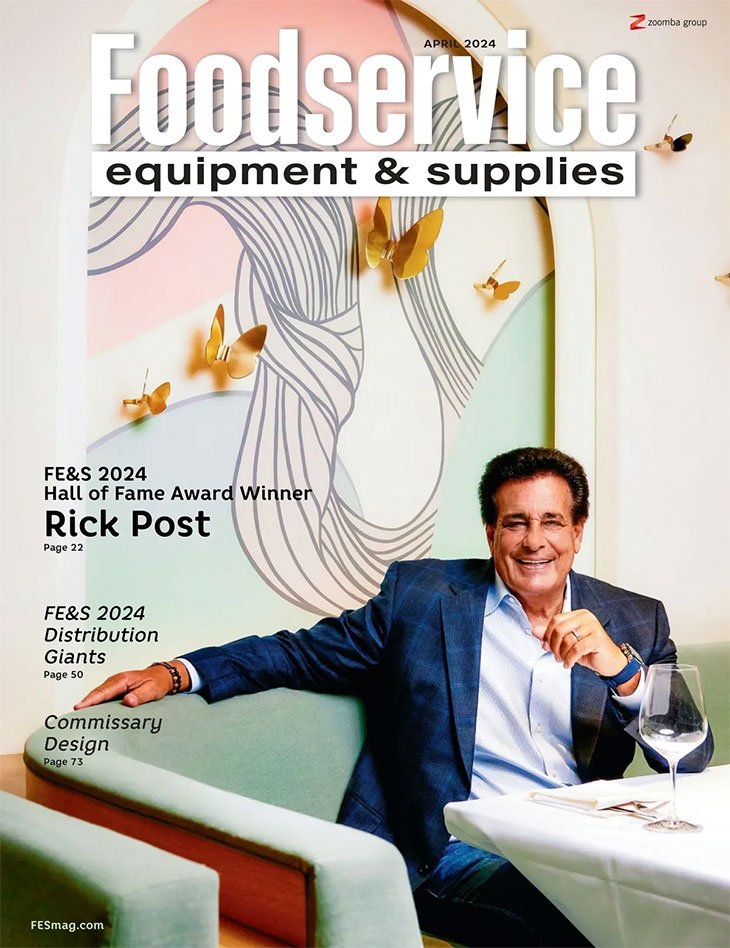In the last month’s edition of Foodservice Equipment & Supplies Magazine, Joe’s editor’s perspective was titled “Creative Destruction”. As I read Joe’s letter, the key business dynamic that kept popping into my mind was a brand’s irrelevance. In this instance, brands refer to restaurants as well as foodservice consultants, dealers, manufacturers and others that serve this marketplace. As a business leader, ensuring our company offers industrial engineering consulting services to the foodservice industry that remains relevant to our customers is always top of mind. So Joe’s comments definitely resonated with me.
For the purposes of this post, however, I would like to focus my comments about ways foodservice operators can stay relevant in the eyes of their customers in a world that consumes its information 140 characters at a time.
Remaining relevant starts with what a business offers and it connects to customer needs. It is very simple: businesses that don’t address customers’ needs lack relevance and will eventually die. What makes this tricky, though, is the fact that relevance has so many tentacles. So trying to remain relevant is often like trying to shake hands with an octopus: which one do you shake first? The list of factors that shape the relevance of a foodservice operation include:
- Menu Offering
- Facility Design
- Operational Execution
- Service Offering
- Capital Cost
- Operating Cost
- Social Responsibility
- Technology & Equipment
Of course the never-ending quandary foodservice operations face is that upon creating a new concept or updating an existing one, the very next day it can be the time to start the process all over again because the market dynamics may have shifted, which could lead to a path of irrelevance. So really, businesses need to strive to achieve continuous relevance, similar to an environment of continuous improvement, by keeping a never-ending eye on what’s taking place in their competitive sets.
It’s not enough, though, for a foodservice operation to remain relevant. It must also be efficient in how this relevance is achieved in order to be effective and provide improvements to the unit economics of the concept. Lack of efficiency can be a silent killer, even of businesses that seemingly are relevant.
In order to remain both relevant and efficient foodservice operations need to embrace not one of the factors listed above but all of them as they each play an important role in effective businesses, driving an optimum integration between all of them. I would call this efficient relevance.
One more point to ponder as a business strives toward efficient relevance: this is not only about reducing cost given that relevance starts with driving sales, the top side of the efficiency equation. This refers to the output (sales and throughput) divided by the input (capital and operating costs). So in forming your strategic plans to keep your business efficiently relevant, keep your eyes on both sides of the equation.
The end result should lead to a bigger and better business. Challenge your team to answer the following: How does our business stay relevant by driving sales while minimizing the cost of acquiring this relevance?




